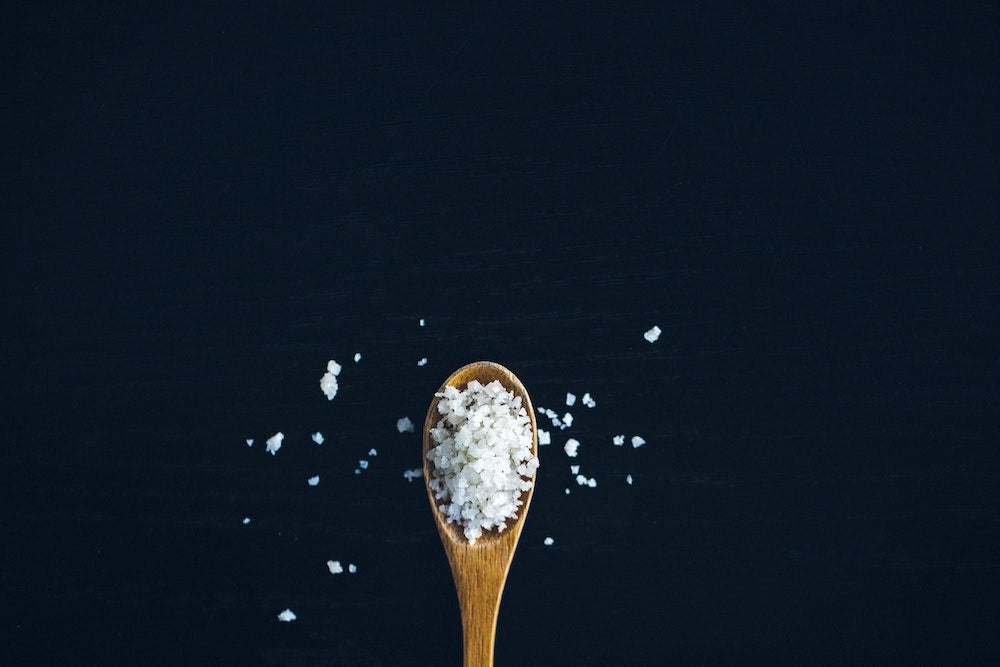Why Salt Is Important For Health

Salt has been used as a natural preservative and food flavoring for thousands of years and is essential to human existence. Though much maligned by many health experts, most cited (poor) research on salt intake fails to account for the quality of salt consumed in trials (among other things).
There are four consumption classifications of salt: refined (table) salt, sea salt, the flower of salt, and processed salt.
The demonization of salt intake would be best associated with refined table salt and processed sodium you find in processed foods. Table salt has been linked to increased systolic and diastolic blood pressure (hypertension) – the most representative disease of cardiovascular diseases.
On the other hand, sea salt has been shown to lower systolic and diastolic blood pressure and promote proper organ function. Sea salt contains 82 trace nutrients from minerals like sodium, potassium, magnesium, calcium, chloride, bromide, iron, copper, and zinc.
Salt is so essential for our body that our tongues have evolved to include a specific part that detects its flavor exclusively. Let’s find out now how salt benefits our bodies.
How Does Salt Benefit Health?
Salt promotes proper brain and nervous system function.
The central nervous system controls the body through electrical signals, as you may already know, but did you know these signals depend on the salt level within the body? Salt is a natural conductor and improves electric signals. The more salt you have, the better this body system will function.
Promotes adequate processing of food.
After meals, your stomach breaks down food particles into nutrients the body can absorb. Hydrochloric Acid is the primary stomach acid that controls this task.
Without enough stomach acid, many nutrients are unable to be extracted. Chloride (which sea salt contains) is an essential ingredient in hydrochloric Acid.
Salt balances electrolytes.
Electrolytes are substances that produce an electrically-conductive solution when dissolved in water. Humans, like many other species, require electrolytes to function correctly.
Electrolytes are responsible for maintaining fluid levels in and outside cells; they regulate heartbeat and muscle contraction and form healthy, strong bones – to name a few. Calcium, sodium, potassium, and magnesium are some of the major players.
Salt promotes hydration.
Our bodies are fascinating self-regulating machines. Sweating is one way to regulate temperature.
When you sweat, water and salt are lost. Salt raises the body’s natural pH slightly, causing the body to hold onto more water, and boosts water retention.
Next time you have a meal, don’t skip the sea salt!
Founder/CEO, Wild Foods
